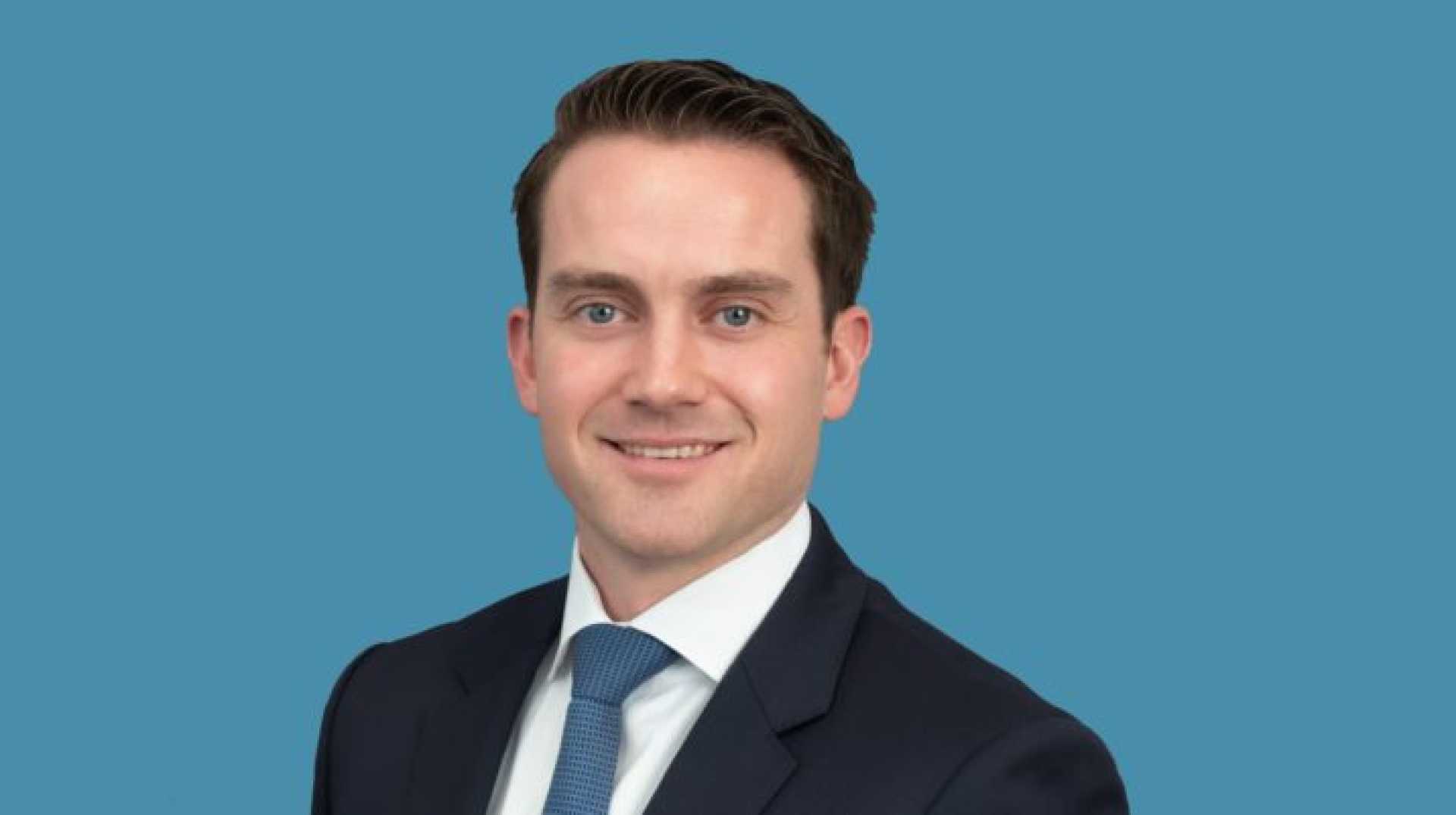Politics
Brookfield’s $5B Fund Registered in Cayman Islands Amid Political Fallout

OTTAWA, Canada — A $5 billion investment fund overseen by Mark Carney at Brookfield Asset Management was registered in the Cayman Islands, according to records obtained by Radio-Canada. The fund, named the Catalytic Transition Fund, joins two other funds totaling $25 billion that were registered in Bermuda while Carney served on Brookfield’s board.
All three funds follow legal structures that adhere to international tax standards and are commonly utilized by investment firms. These arrangements ensure that Canadian investors are liable for taxes in Canada rather than in foreign jurisdictions.
Brookfield did not respond to inquiries regarding its use of offshore tax locations for fund structuring. Historically, the company has claimed it does not partake in tax avoidance, asserting that all entities fulfill tax obligations within their operational regions.
The Liberal Party redirected questions to Brookfield, with spokesperson Mohammad Hussain stating, “Mr. Carney worked for Brookfield from August 2020 to January 2025 and no longer has any involvement in the firm.” However, other political factions have raised concerns over Carney’s private sector activities and possible tax management if the Liberal Party proceeds to victory in the upcoming April 28 election.
Conservative Party leaders have criticized Carney for failing to disclose assets in a blind trust as he transitioned to Liberal leader and prime minister last month, particularly those acquired during his tenure at Brookfield. Conservative MP Michael Barrett remarked, “He needs to immediately release his personal financial holdings so Canadians can judge for themselves.”
In response to many media inquiries, Carney defended the practice of registering funds in Bermuda as a matter of “efficiency.” He noted, “The flow-through of the funds goes to Canadian entities who then pay the taxes appropriately, as opposed to taxes being paid multiple times before they get there. So that’s how we have this structure. That’s the structure that all of our pension funds follow,” during an interview on March 26.
The Brookfield Global Transition Fund and the Brookfield Global Transition Fund II were launched in 2021 and 2024, respectively, with a combined value of $25 billion. In contrast, the newly established Catalytic Transition Fund focuses on investing in clean energy initiatives and projects in emerging markets.
The fund acquired its initial investor, Altérra, which is financed by the United Arab Emirates and recognized as the largest private climate investment fund. The Caisse de dépôt et placement du Québec, among others, later invested in the fund.
Tax expert Jean-Pierre Vidal of HEC Montréal highlighted that many citizens misunderstand tax havens. He stated, “As far as Canada is concerned, tax havens are used to reduce taxes paid in foreign countries,” emphasizing that they help firms secure more tax revenue domestically when investments are returned to Canada.
Vidal explained that while jurisdictions with low corporate taxes benefit companies like Brookfield financially, Canada still gains as well: “Canada was not a loser — in fact, it was a winner — but it’s certain that these companies made more money because they were in these places.”
The European Union maintains a list of “non-cooperative” tax jurisdictions; however, Bermuda and the Cayman Islands have not appeared on this list since 2019. PwC noted there is no corporate tax levied in the Cayman Islands, and Bermuda’s new corporate tax rate of 15% includes various exemptions for certain entities.
Amid ongoing discussions, Conservative lawmakers continue to spotlight potential conflicts of interest stemming from Carney’s Brookfield tenure, especially regarding renewable energy and green technology sectors.
Recently, NDP leader Jagmeet Singh vowed to eliminate tax agreements between Canada and tax havens, stating, “We lose tens of billions of dollars every year because of tax havens, because of big companies avoiding countries their fair share.” Bloc Québécois leader Yves-François Blanchet urged Carney to disclose his foreign assets, asserting, “Mr. Carney thinks that taxes are simply for normal people, and not for millionaires or billionaires like him.”












